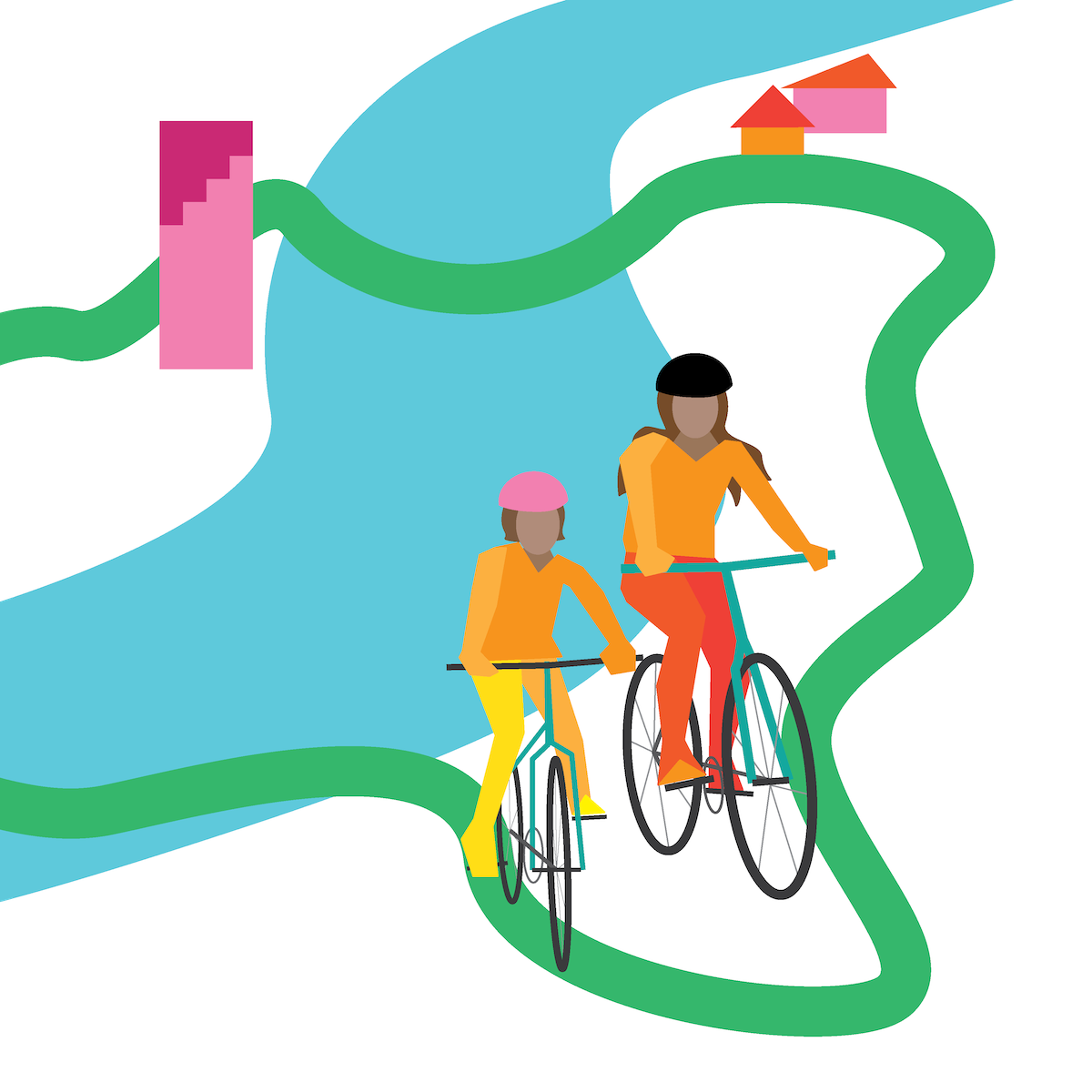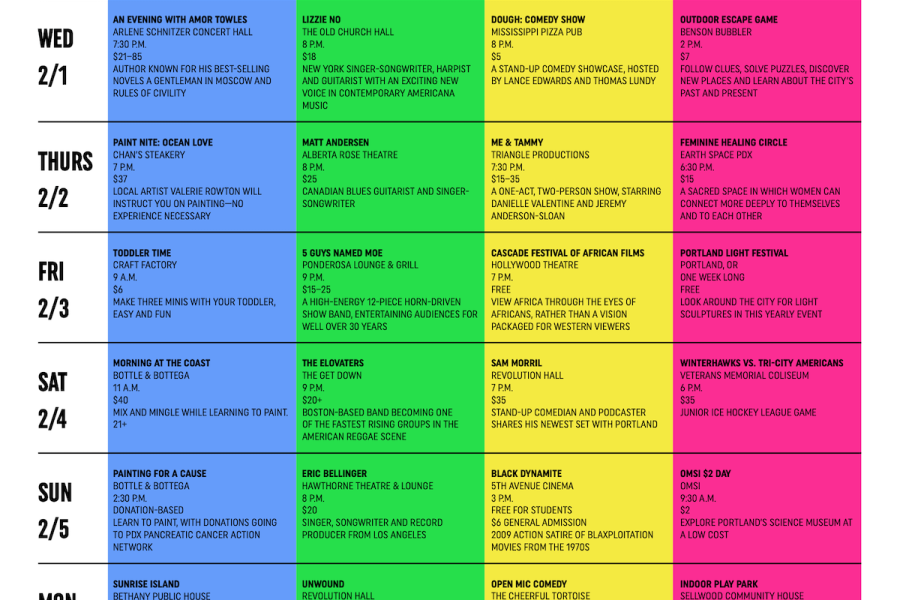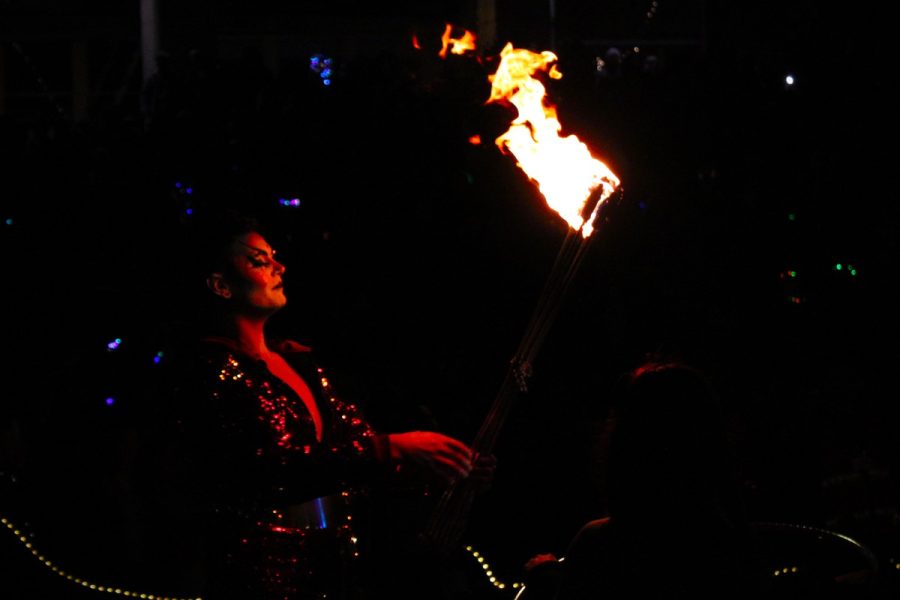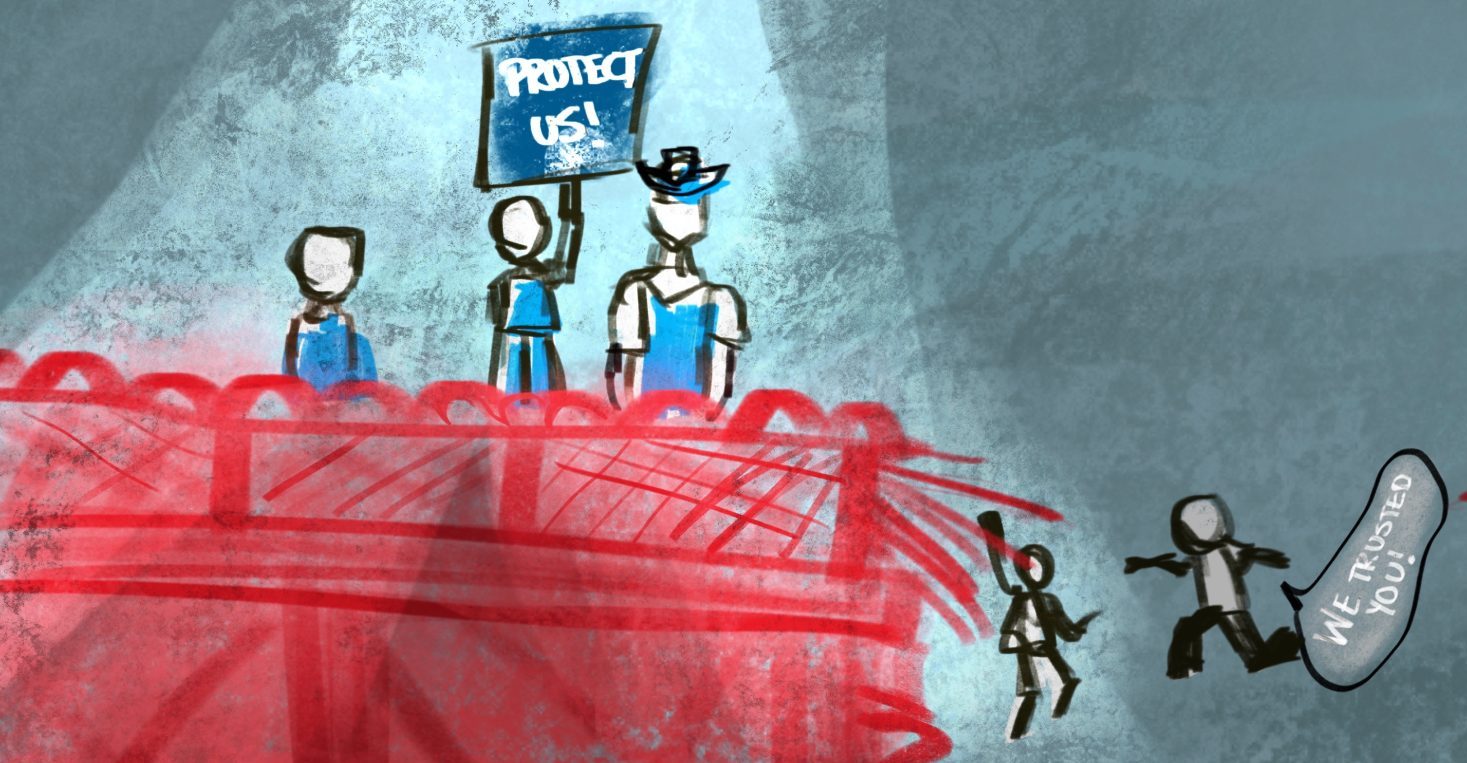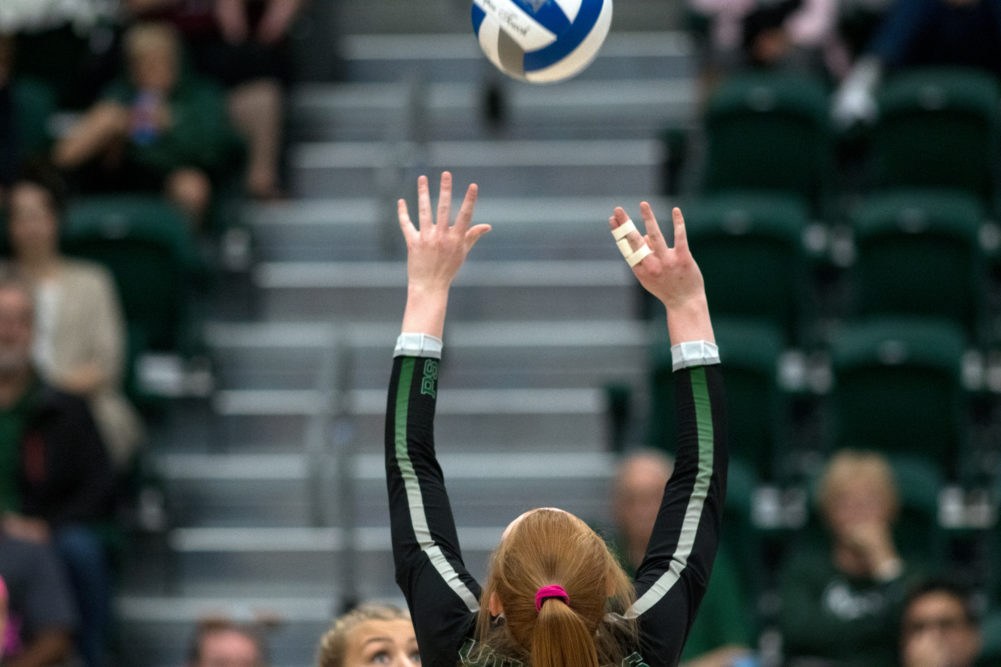This week’s Green Space feature presents more than just a space, but an entire six-mile loop around downtown Portland. This highly collaborative project is the city of Portland’s 2035 plan to address an expanding city with increasing congestion and development.
Portland State Vanguard spoke to Keith Jones, the executive director of the Friends of Green Loop, a community-based organization that promotes, advocates and helps to advance the development of the Green Loop. “My organization is a community based non-profit that advocates for it and makes sure that work continues on to develop this,” Jones said. “As imagined, the city describes it as a six-mile linear park around the city… it sort of is like a beltway around the city to help you get around the central city. A lot of people think it’s just going to be a bike lane that goes all the way around, but there’ll be infrastructure that’s like that that accommodates pedestrians and cyclists and people on scooters… but the real Green Loop is all the stuff around it. So creating green spaces where there are none, everything would be more neighborhood-specific… as much as it’s important to travel on the Loop, it’s also just as important to get off of the Green Loop and go into the neighborhoods.”
Who’s in charge?
Being as complex a project as it is, the Green Loop has multiple groups involved, from the Portland City Bureaus to local communities. “It sits right now between the Bureau of Planning and Sustainability where it was sort of conceptualized, where the idea came from and PBOT,” Jones said. “There’s other bureaus that could come into play like the Parks Bureau, or Bureau of Environmental Services—so really it’s a whole city project. A lot of the people my organization works with are community based. We’ve worked a lot with community partners wherever we can.”
Instead of planning and implementing the entire project at once, the city hopes to develop it organically. “The way the city is approaching it is to consider different projects that could help build it out,” Jones said. “And so it’s not one big project, it’s several. And some of them are private sector and some of them are public sector… a piece I consider to be a segment of the Green Loop to be out there right now is the food cart pod that we created down in Burnside and SW Park.”
The food carts were originally where Ritz Carlton, a condominium complex on SW Washington St., now stands. Before that the space hosted the largest food cart pod in the city—about 55 small businesses, primarily immigrant-owned, that had been utilizing the parking lot space for a long time. The parking lot was sold to a developer that built a project that was part of a section of the Green Loop. “When I went down there and saw the food carts, I thought we needed to come up with a plan to not displace those businesses, and maybe the best thing to do was to create a permanent place for them that didn’t have any risk of development, and maybe that place is on the Green Loop,” Jones said. “So that took two years to work with the city, and we eventually got this park that they didn’t use anymore that was right there on Burnside… we were able to get food carts around the park… there’s some economic development opportunities in here, there’s community building that could also come into place, so we’re interested in finding those things and building them out—perhaps before the city gets around to building out the infrastructure.”
Jones said that the idea for the Green Loop has been in the works for years. “It began a long time ago actually, and it was through a series of conversations that the city of Portland had,” he said. “People got together and talked about, ‘What if there was a people-centric space in the downtown core? What would that look like?’ And then this idea of a loop sort of started forming… and it should be on both sides of the river… not just the downtown core.”
The Friends of Green Loop have been advocating and championing for the progression of the project for a couple of years now. “There’s a lot of talk and concepts have flown around about the Green Loop but actual work is not yet really being done,” Jones said. “There are some pieces that are in place… but it is not even a formal project within the city of Portland yet. A lot of it is complicated to move it forward, but it is a concept that a lot of people really want to see happen, and I do think that we’re gonna start seeing a lot more of it in at least the next two or three years.”
“I think that the challenge is really how to formalize it… getting the city to allocate the proper resources to get it done and the design and things like that,” Jones continued. “We have a very good community base when they’re ready.”
According to Jones, the proposed Green Loop in Portland is causing other cities to take notice. “I just got a call from Salt Lake City, Utah and they found out about the Portland Green loop [and they were] really impressed by it—they would like to build one… I just started talking to them six months ago about this,” Jones said. “They are already putting out a request for a quote to build it in Salt Lake City.”
While Jones’ statement reveals the project’s appeal, it does raise questions about the project’s speed of implementation compared to metropolitan areas like Salt Lake City. “That’s a problem,” Jones said. “Portland is a good city that plans, we are known for our planning, but also we need to remember that we also need to build what we plan. There is such a thing as planning too much. I think planning is a very comfortable place to be—sometimes. Because we want to get as many ideas down in the ground as we can before we start, but sometimes that also means that you lose some of the magic of creating something quicker and something else might come up as you’re going through this process that you didn’t think about before.”
“I like the planning aspect, but I also like the doing aspect more… there’s tons of great ideas, and ideas are fantastic, but also you need to act on those ideas otherwise nothing ever gets realized,” Jones said. “You’ll see probably in the summer some more Green Loop type things pop up—it won’t be the full Green Loop, but we’ll get there.”

